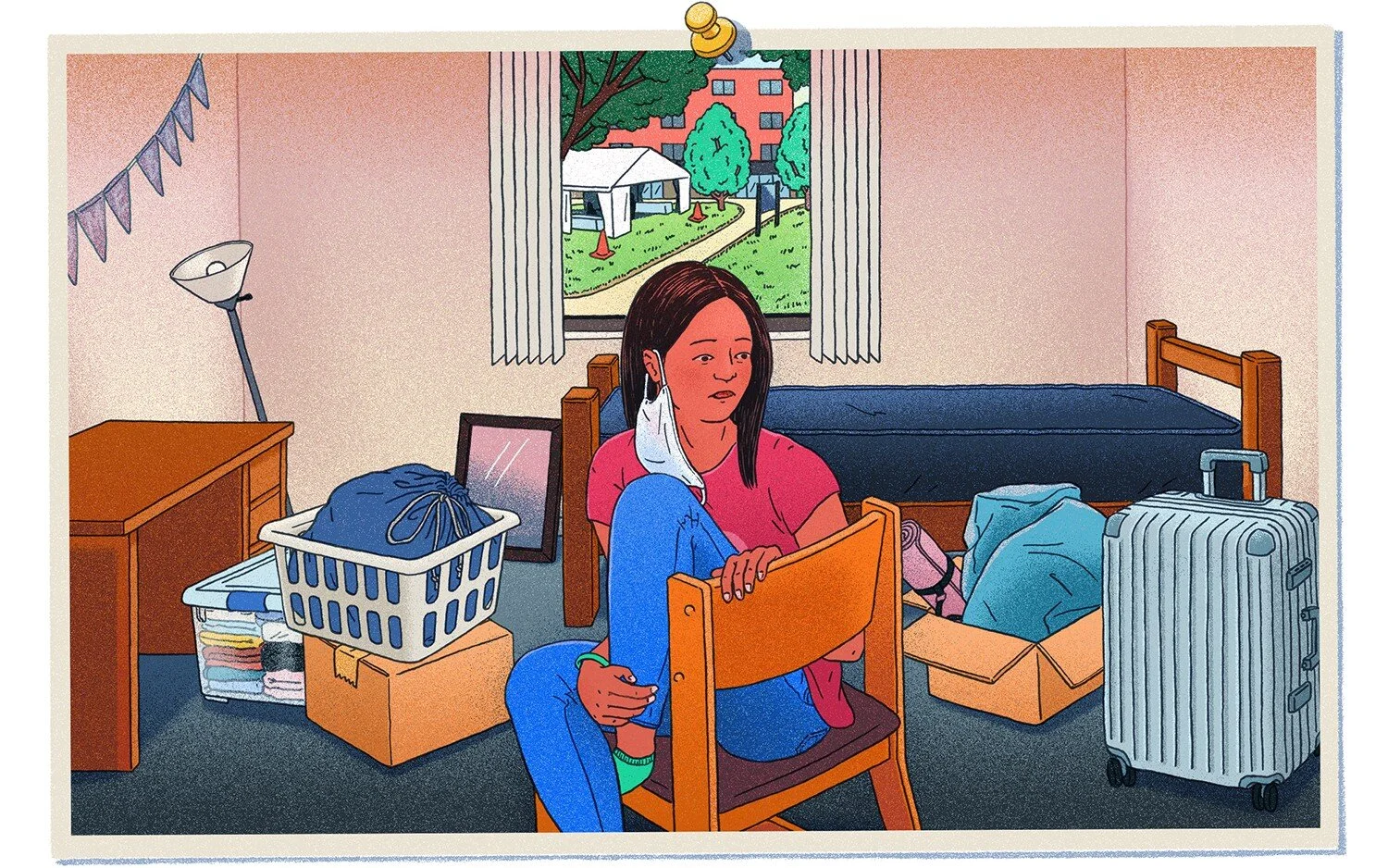Do You Have An Undiagnosed Learning Disability?
Did you know that there are adults walking around with undiagnosed learning disabilities? As a child, you may have struggled in some ways but because you excelled in others, you slipped past the notice of teachers. As an adult, you're about to embark on a home education journey with your children - and you're feeling nervous. The idea that you'll have to teach your children at home is scary if it's not something that was ever in your plan, but what do you do if you feel like you are struggling more than usual?
As an adult, you don't expect to hear that you have been living with something like a learning disability, but there are four of them that are common - and commonly overlooked. Let's take a look!
Dyslexia. As there are different types of dyslexia, it's an easy one to overlook in a child. Today, there is plenty of dyslexia help out there to assist those who are struggling with their ability to break down spoken words into sounds. Children used to be called "slow" if they couldn't read and write fast enough, but it's different now. Your doctor can help you if you feel like you were once overlooked, and adult diagnoses are not uncommon. There are also other resources you can use to help with your dyslexia, such as Dysolve. How Dysolve works is by using technology to properly diagnose and treat your specific kind of dyslexia to give you the best chance of overcoming the challenges those with dyslexia face each day.
ADHD. You may have heard of this but it's very difficult to diagnose ADHD in women - and that's where the issues are. The symptoms for Attention Deficit Hyperactivity Disorder differ for boys and girls, but if you have suspicions that it's something you're dealing with, you need to get some help. Your doctor can prescribe medication to keep you calm.
Dyspraxia. This is more of a motor disability than a learning one, but considering that so many fine motor tasks are difficult for those with dyspraxia, it still fits. It can have an impact on writing skills, too, and if you feel that you are finding your fine motor skills a struggle, your doctor can help!
Dysgraphia. Those who struggle with writing may find that dysgraphia is the problem. This condition makes forming letters more difficult, and spacing them out becomes a much bigger problem, too. The ideas flowing from brain to hand often don't compute, and that makes it much harder to concentrate and keep writing
If you feel you may have a learning disability as an adult, you need to speak to your doctor to be referred for testing. Learning disabilities are not just something that children pick up and have to cope with on their own, so it's important to identify the issues that are causing the problem and encourage yourself to get help. When your writing skills are underdeveloped, this can put pressure on your ability to find a job, to teach your children how to write and read from home and even in holding a conversation.
Adults with learning disabilities tend to be forced to learn to cope, but you don't have to keep coping alone. The low self-esteem that comes with learning disabilities is also not worth handling alone. Get the right help and you will be able to feel more confident in day to day life.











